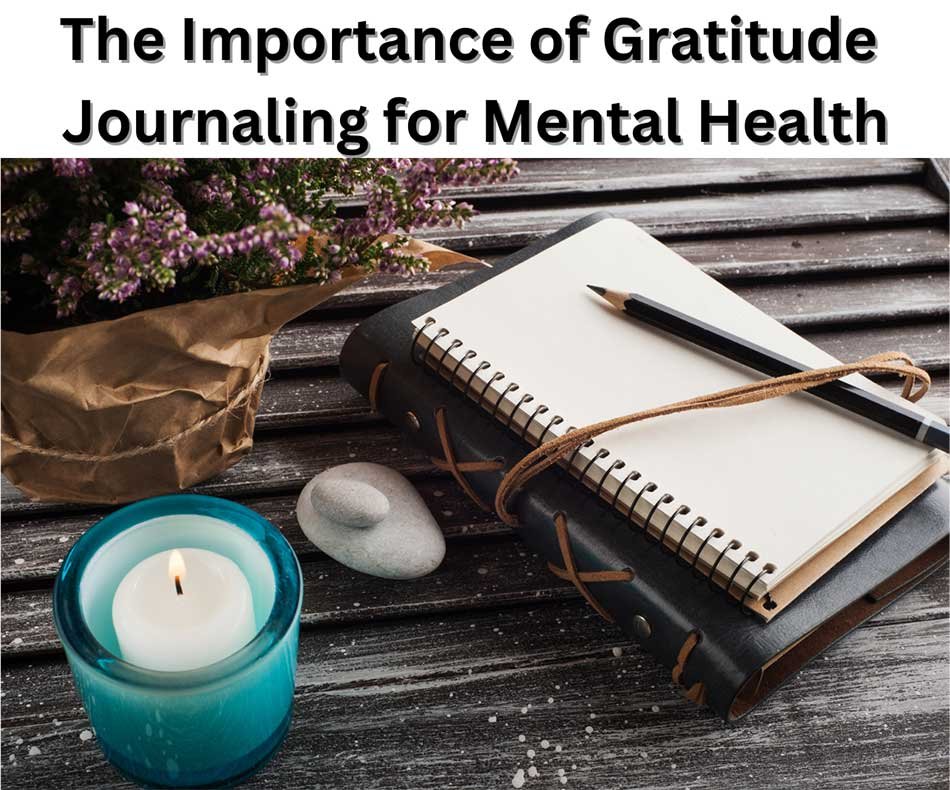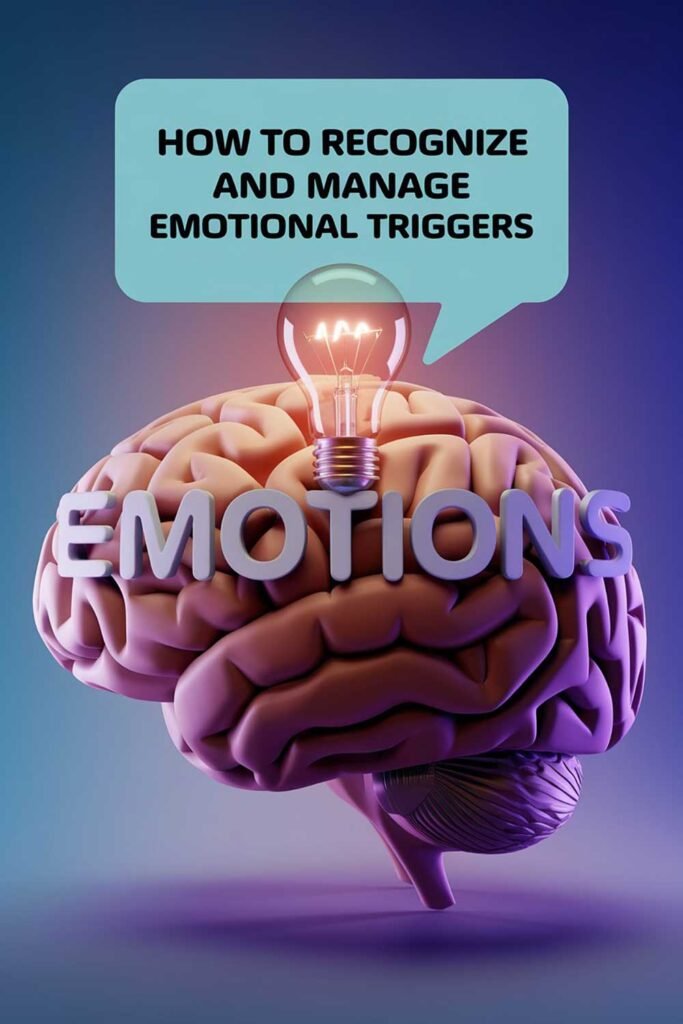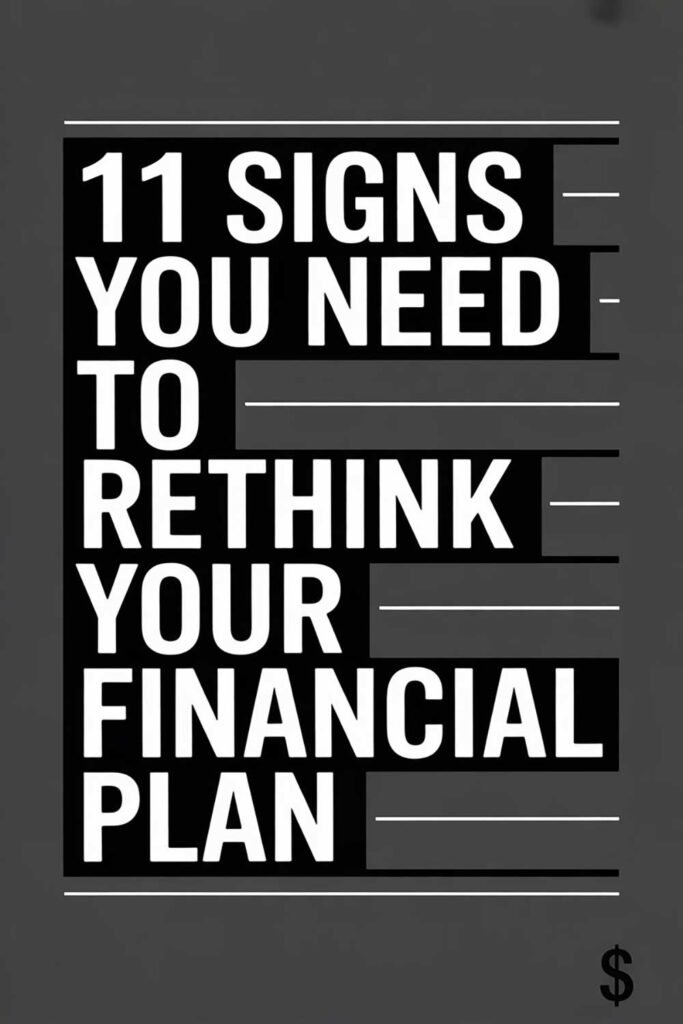
The Importance of Gratitude Journaling for Mental Health: Cultivating Joy and Resilience
In a world that often encourages us to focus on what’s missing, what’s wrong, or what we lack, it’s easy to get caught in a cycle of negativity, comparison, and dissatisfaction. This pervasive mindset can silently erode our mental health, fueling anxiety, stress, and even feelings of depression. While aiming for improvement is natural, a constant focus on perceived deficits can overshadow the abundance and beauty that already exist in our lives.

This is where the simple, yet profound, practice of gratitude journaling comes in. More than just a feel-good exercise, cultivating gratitude through consistent journaling is a powerful evidence-based intervention for boosting mental health, enhancing emotional well-being, and building psychological resilience. It’s about consciously shifting your focus from scarcity to abundance, training your brain to recognize and appreciate the positive aspects of your life, even amidst challenges. This practice is one of the many 18 healthy habits that will change your life for the better, contributing to holistic well-being.
This article will delve into the critical importance of gratitude journaling for mental health, explore the science behind its effectiveness, and provide practical tips for how to integrate this transformative practice into your daily routine, cultivating more joy, peace, and resilience.
The Gratitude Gap: Why We Often Overlook the Good
Our brains have a natural negativity bias, an evolutionary trait that makes us more attuned to threats and problems. While useful for survival in ancient times, in modern life, this can lead to:
- Pessimism: A tendency to expect negative outcomes.
- Comparison Trap: Constantly focusing on what others have that we don’t.
- Anxiety & Worry: Dwelling on potential future problems.
- Lack of Appreciation: Taking everyday blessings for granted.
- Emotional Draining: Chronic focus on the negative depletes mental and emotional energy.
Gratitude journaling actively counteracts this bias, reprogramming your brain to seek out and register the positive, fundamentally reshaping your mental landscape. It’s a key component of emotional regulation, and vital for maintaining a healthy perspective.
The Science of Thankfulness: How Gratitude Rewires Your Brain
Extensive research has highlighted the remarkable neurological and psychological benefits of a consistent gratitude practice:
- Reduces Stress & Anxiety: Gratitude lowers cortisol (the stress hormone) and increases feel-good neurotransmitters like dopamine and serotonin.
- Boosts Happiness & Optimism: Studies show that people who regularly practice gratitude report higher levels of positive emotions and greater optimism about the future.
- Improves Sleep Quality: A mind focused on positivity before bed is less likely to ruminate on worries, leading to better sleep.
- Strengthens Relationships: Expressing gratitude to others builds stronger bonds and fosters empathy.
- Increases Resilience: Grateful individuals tend to cope better with adversity, seeing challenges as opportunities rather than insurmountable obstacles.
- Enhances Physical Health: Indirectly, by reducing stress, gratitude can positively impact physical health markers, including aspects of lung health and even skin health by reducing inflammation linked to chronic stress.
In essence, gratitude journaling is a powerful form of cognitive behavioral therapy, training your brain to identify and savor the good, literally making you happier and more resilient.
How to Start Your Gratitude Journaling Practice
You don’t need a fancy notebook or extensive writing skills. Consistency and sincerity are key.
1. Choose Your Method (And Keep It Simple!)
The best method is the one you’ll stick with.
- The Strategy: Use a simple notebook, a dedicated journal, a digital document, or even a basic app. No complicated rules, just a space to record your gratitude.
- Real-Life Example: Sarah started with a small, cheap notebook she kept by her bedside. It was less intimidating than a fancy journal, making it easy to grab and write a few lines before sleeping.
2. Pick a Consistent Time (Habit Stacking)
Integrate it into your existing routine for effortless consistency.
- The Strategy: Choose a time that works for you:
- Morning: To set a positive tone for the day.
- Evening: To reflect on the day’s blessings before bed, promoting better sleep.
- Mid-day: A quick reset during a lunch break.
- Why it Works: Attaching a new habit to an old one makes it easier to remember and stick to.
- Real-Life Example: Mark decided to write in his gratitude journal every evening right after he brushed his teeth. This simple routine stack made it a non-negotiable part of his day.
3. Aim for 3-5 Specific Things Daily
Quality over quantity. Be specific to deepen the feeling.
- The Strategy: Instead of broad statements like “I’m grateful for my family,” get specific: “I’m grateful for my daughter’s unexpected hug this morning,” or “I’m grateful for the way my partner made me laugh during dinner.”
- Why it Works: Specificity forces you to actively look for concrete positives, engaging your brain more deeply and fostering genuine appreciation.
- Real-Life Example: Emily used to just list “food.” She shifted to “the perfectly ripe avocado in my salad today” or “the warmth of my homemade soup on a cold day.” This made her daily practice more meaningful and impactful.
4. Feel the Emotion (Don’t Just List)
The power of gratitude comes from the feeling, not just the words.
- The Strategy: As you write each item, take a moment to truly feel the gratitude. Close your eyes, notice the physical sensation of appreciation in your body.
- Why it Works: Engaging your emotions deepens the neural pathways for positive feelings, literally making you happier.
- Real-Life Example: David, after writing about a kind gesture from a stranger, would pause, close his eyes, and allow himself to feel the warmth of that interaction. This transformed a simple list into a powerful emotional experience.
5. Vary Your Gratitude
Avoid listing the same things every day.
- The Strategy: Think beyond the obvious. Be grateful for simple pleasures (a warm cup of coffee, a sunny window), challenges overcome, a specific skill you used, a peaceful moment, a kind word received.
- Why it Works: This keeps the practice fresh, prevents it from feeling like a chore, and encourages you to notice positives in all aspects of your life.
- Real-Life Example: Liam challenged himself to find something new to be grateful for each day, pushing him to notice small blessings like “the satisfying crunch of autumn leaves” or “the efficiency of his internet connection for his home-based business opportunities.”
6. Revisit Your Entries Periodically
Seeing your accumulated gratitude can be incredibly uplifting.
- The Strategy: Once a week or month, read through some of your past entries. Notice the patterns of joy and resilience.
- Why it Works: It reminds you of the abundance in your life, even during challenging times, and reinforces the positive mindset you’re building.
- Real-Life Example: Brenda would read her old journals when she felt down. Seeing pages filled with blessings, even from tough periods, reminded her of her inherent resilience and the underlying goodness in her life. This reflective practice is similar to the personal inventory taken when achieving a healthy work-life balance.
The Ripple Effect of a Grateful Heart
Gratitude journaling is not a cure-all, but it is a potent, accessible tool for building a stronger mental health foundation. It empowers you to proactively shape your inner world, cultivating a mindset of appreciation that transforms your perception of reality. By consistently focusing on what is good, you build resilience against life’s inevitable challenges, find more joy in everyday moments, and ultimately, live a more fulfilling and emotionally rich life.
20 Empowering Quotes on Gratitude and Well-being:
- “Gratitude turns what we have into enough, and more. It turns denial into acceptance, chaos into order, confusion into clarity… it makes sense of our past, brings peace for today, and creates a vision for tomorrow.” – Melody Beattie
- “The unthankful heart discovers no mercies; but the thankful heart discovers mercies in everything.” – Henry Ward Beecher
- “Cultivate the habit of being grateful for every good thing that comes to you, and to give thanks continuously.” – Ralph Waldo Emerson
- “Gratitude is not only the greatest of virtues, but the parent of all the others.” – Cicero
- “When you are grateful, fear disappears and abundance appears.” – Tony Robbins
- “Let us be grateful to people who make us happy; they are the charming gardeners who make our souls blossom.” – Marcel Proust
- “Gratitude is the healthiest of all human emotions. The more you express gratitude for what you have, the more likely you will have even more to express gratitude for.” – Zig Ziglar
- “Happiness cannot be traveled to, owned, earned, worn or consumed. Happiness is the spiritual experience of living every minute with love, grace, and gratitude.” – Denis Waitley
- “The smallest act of kindness is worth more than the greatest intention.” – Kahlil Gibran (Appreciating small acts).
- “If the only prayer you ever said was thank you, that would be enough.” – Meister Eckhart
- “He is a wise man who does not grieve for the things which he has not, but rejoices for those which he has.” – Epictetus
- “Acknowledging the good that you already have in your life is the foundation for all abundance.” – Eckhart Tolle
- “As we express our gratitude, we must never forget that the highest appreciation is not to utter words, but to live by them.” – John F. Kennedy
- “Gratitude is the fairest blossom which springs from the soul.” – Henry Ward Beecher
- “It is not joy that makes us grateful; it is gratitude that makes us joyful.” – David Steindl-Rast
- “Be thankful for what you have; you’ll end up having more. If you concentrate on what you don’t have, you will never, ever have enough.” – Oprah Winfrey
- “The very least you can do in your life is figure out what you hope for. And the most you can do is live inside that hope. Not admire it from a distance but live right in it, under its roof.” – Barbara Kingsolver (Gratitude helps you live in hope).
- “Do not spoil what you have by desiring what you have not; remember that what you now have was once among the things you only hoped for.” – Epicurus
- “The miracle on earth is the wonder of being.” – Henry David Thoreau (Be grateful for existence).
- “No one is useless in this world who lightens the burdens of another.” – Charles Dickens (Be grateful for those who lighten yours).
Picture This
Imagine your mental landscape as a vast garden. Without gratitude, this garden slowly becomes overgrown with weeds of worry, comparison, and dissatisfaction, choking out any signs of beauty. You spend your days noticing only the weeds. Now, picture yourself tending that garden with a gratitude journal as your watering can. Each day, you consciously seek out and water the beautiful flowers already blooming – the small joys, the blessings, the acts of kindness. You don’t ignore the weeds, but your focus shifts. As you consistently nourish the positive, the flowers grow more vibrant, the weeds recede, and your garden blossoms into a place of profound beauty and peace.
Share This Article
Did this article help you understand the importance of gratitude journaling for mental health? Share it with friends, family, or on social media to help others cultivate joy, peace, and resilience!
Disclaimer
This article is intended for informational purposes only and provides general guidance on gratitude journaling and its potential benefits for mental health. Individual experiences and results may vary. While gratitude practices can be highly beneficial for well-being, they are not a substitute for professional medical advice, diagnosis, or treatment for specific mental health conditions, such as clinical depression or anxiety disorders. If you are experiencing severe or persistent mental health challenges, please consult with a qualified mental health professional.






